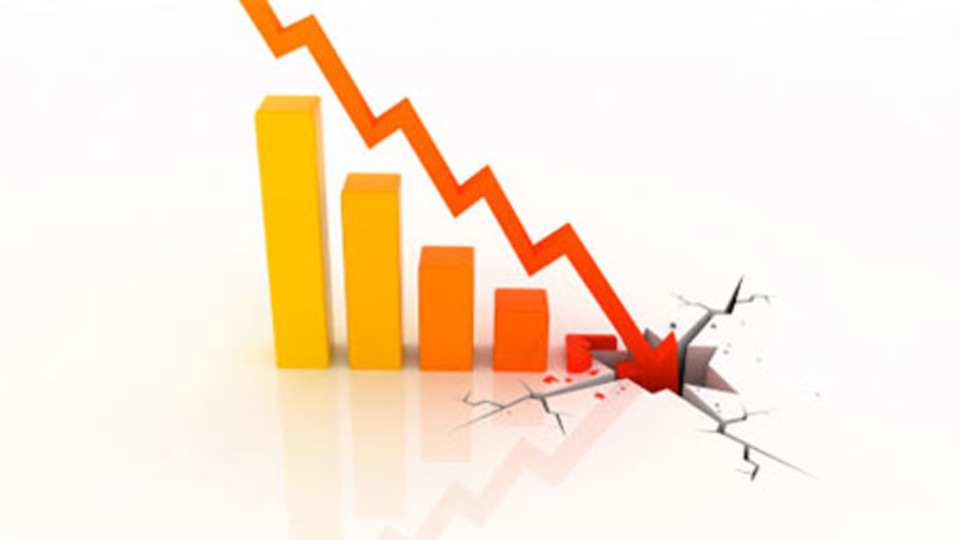By Thomas O’Shaughnessy
The novel coronavirus, COVID-19, first appeared in November 2019, but really started to affect the United States in late February and March 2020. While the pandemic’s effects have been felt around the globe, it has been particularly rampant in the U.S., with more than 1.8 million infected and over 100,000 deaths as of early June.
Unemployment rates have skyrocketed and healthcare systems have been taxed — particularly in heavily-populated hot areas. With shelter-in-place mandates popping up in nearly every state, the economy is also strained. Americans were already deeply in debt prior to the pandemic, but things are now even more grim.
The COVID-19 Financial Impact Series, a recent ongoing study of the effects of the pandemic by online real estate platform Clever Real Estate, started with a survey at the end of March of 1,000 homeowners and 1,000 renters — to temperature check Americans’ financial health.
While the effects were somewhat fresh at that time, as the pandemic was just spreading to the U.S., survey results from the end of April were even more concerning, as some Americans had been out of work for over a month. By May, the data was even more alarming. Here are some key insights on how COVID-19 has impacted the financial status of Americans.
Americans are living paycheck-to-paycheck
Americans living paycheck to paycheck is not new, but the pandemic has exacerbated the problem — 31% of homeowners and a whopping 49% of renters surveyed said they were living paycheck to paycheck prior to the start of the pandemic and are continuing to do so. You can see the impact of job losses, furloughs, and decreased hours in those who are only recently living paycheck to paycheck. Of those surveyed, about 15% said they weren’t doing so prior to COVID-19, but are now.
Landlords and real estate investors are nervous
With many Americans’ loss of income, many are worried about paying their mortgage. This is particularly true for overleveraged landlords struggling to manage their costs during eviction freezes.
This could result in foreclosures depending on how long shutdowns continue. Investors may be able to take advantage of these foreclosures or people looking to sell quickly to save their credit, but should pay close attention to cash flow. As the bans on evictions are lifted, tenant screening will become more important than ever, as landlords try to keep rents coming in. Overleveraged investors looking to offload some properties have started exploring 1% real estate listing fee services and free rental marketing tools like Zillow or Trulia to reduce their costs.
People are taking on more debt
Not only are more Americans living paycheck to paycheck, they’re also taking on more debt as a result of the coronavirus pandemic. With nearly half of renters and 18% of homeowners having less than $500 in emergency savings, it won’t take long for those accounts to be emptied. Nearly 25% reported having taken on additional debt only two weeks after the mid-March — when the effects of the pandemic were first felt in the U.S. Overall credit card debt is up 4% since March.
In April, these people had taken out even more debt. Over a quarter of renters had accumulated $500-$1,000 as a result of COVID-19 and more than 20% had taken on $1,000-$2,000. Since renters are more likely to be living paycheck to paycheck and have jobs that are more in danger as a result of the pandemic, these loans may be hard for them to repay later.
Unemployment isn’t enough for lots of Americans
By the end of April, more than 30 million Americans filed new claims of unemployment, and over 40% of Clever’s survey respondents said they’re currently receiving unemployment benefits. While the amount of unemployment someone receives is based on their most recent pay, it usually doesn’t cover the full amount of lost income.
However, because of the recently-passed COVID CARES Act, some are eligible for an additional $600 per week for 4 months. The idea is to fully replace income and to incentivize people to stay home, rather than incentivizing them to find a new job — which could be fruitless and possibly dangerous during a pandemic.
Half of those surveyed that received unemployment benefits said it wasn’t enough to cover their expenses. About 20% of respondents had applied, but have yet to receive any unemployment benefits.
Stimulus checks are helping keep people afloat
The one-time stimulus checks most Americans received — $1,200 each — was a huge boost to struggling Americans and they used it wisely. Of those surveyed, 45% said they would spend it on bills, and only 6% said they’d use even some of it on discretionary spending. About 16% of people said they would spend the stimulus money on food, according to a study by digital bank Current. 14% said they would spend it on money transfers — likely to pay back money they needed to borrow before the money hit their bank account.
While stimulus checks provided a boost, more than 50% of Americans said they are still concerned about how to feed themselves and their family, according to a study by Freedom Debt Relief and Atomik Research.
Final Thoughts
Despite record-low interest rates, the housing market isn’t likely to bounce back quickly. Banks will have tighter qualifications on lending, savings accounts may be strained, and many Americans will need to find new employment. All these metrics — along with the general uneasiness and insecurity — may affect the housing market for some time, especially in areas most heavily hit by the effects of the pandemic.
Thanks for reading CPA Practice Advisor!
Subscribe Already registered? Log In
Need more information? Read the FAQs
Tags: Benefits




